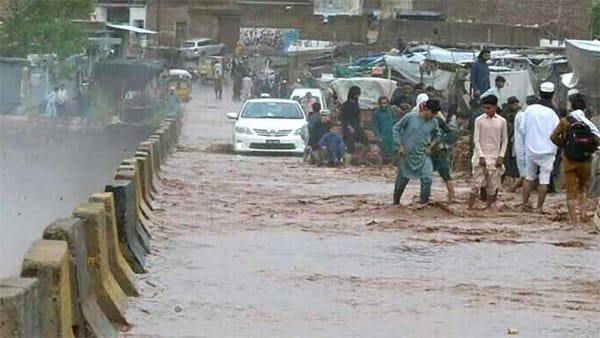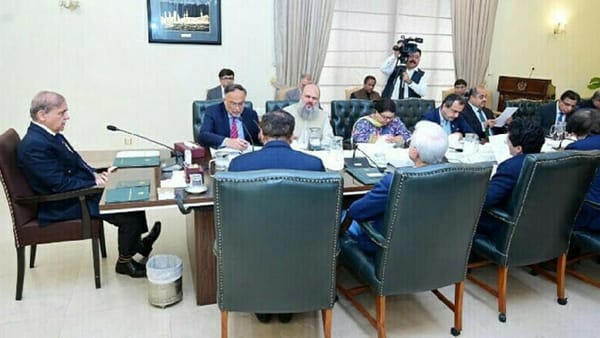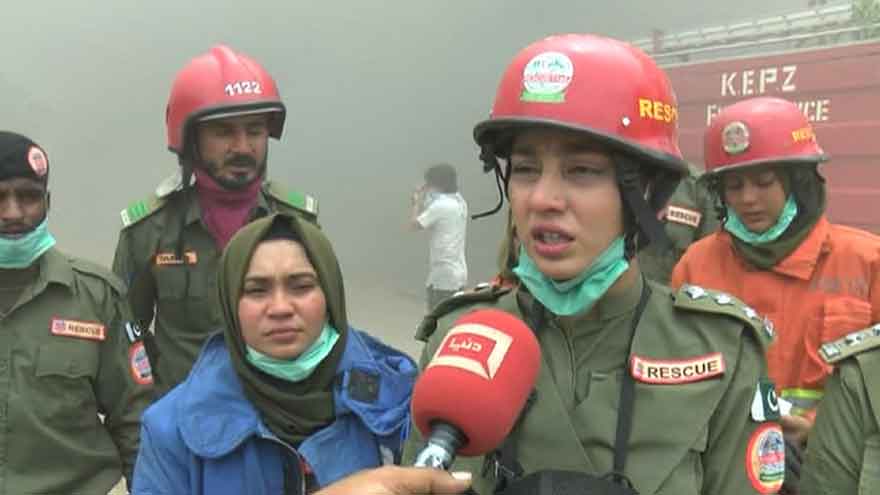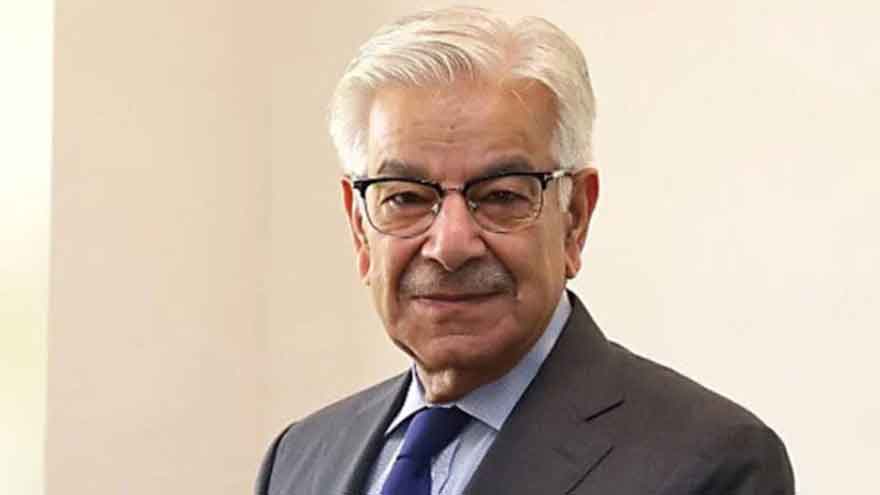Ukraine, US Hold Peace Talks in Riyadh as Russian Strikes Persist
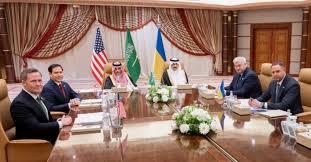
Ukrainian and U.S. delegations convened in Riyadh to explore strategies for safeguarding Ukraine’s critical infrastructure and energy facilities, marking another key step in ongoing efforts to end the nearly three-year-long war. This diplomatic initiative is part of a broader push led by U.S. President Donald Trump to broker a ceasefire and bring an end to the conflict.
High-Level Discussions on Ceasefire Prospects
The talks, which included Ukraine’s Defence Minister Rustem Umerov, were met with optimism from U.S. Special Envoy Steve Witkoff. He shared his belief that Russian President Vladimir Putin may be inclined toward peace, stating, “I feel that Putin wants peace,” in an interview with Fox News. Witkoff further suggested that Monday’s upcoming discussions between U.S. and Russian representatives in Saudi Arabia could lead to substantial progress, particularly regarding a ceasefire in the Black Sea region.
Ukrainian President Volodymyr Zelenskiy, in a televised address, confirmed that the talks were productive, noting that the delegations were working constructively. However, he emphasized that the success of the negotiations hinges on Moscow’s willingness to halt its military actions. “We need to get Putin to give a real order to stop the strikes,” Zelenskiy said, underscoring that Ukraine could not achieve peace without Russia’s compliance.
Violence Persists Amid Diplomatic Efforts
While discussions continue in Riyadh, the war’s intensity remains unyielding. A large-scale Russian drone attack on Kyiv overnight resulted in at least three deaths, including that of a five-year-old child, with extensive damage reported across the capital. Russian authorities claimed to have intercepted 59 Ukrainian drones targeting the southwestern regions of the country, with one civilian fatality reported in Rostov.
Ceasefire Agreement Still in Flux
The Riyadh talks come in the wake of reports that Putin has tentatively agreed to U.S. President Trump’s proposal for a 30-day ceasefire aimed at protecting energy infrastructure. However, this fragile ceasefire has already come under strain, with both Ukraine and Russia accusing each other of continuing strikes despite the proposed truce. Trump, speaking on Saturday, expressed cautious optimism, stating that efforts to de-escalate the situation were “somewhat under control.” His administration is reportedly aiming for a comprehensive ceasefire agreement by April 20.
U.S. National Security Adviser Mike Waltz outlined that negotiations would occur in stages, with initial talks focused on securing a ceasefire in the Black Sea region. Waltz indicated that subsequent discussions would address the situation along the front lines and explore potential verification mechanisms and peacekeeping arrangements.
International Reactions and Concerns
While diplomatic progress is made, Washington’s outreach to Moscow has raised concerns among European allies. Some fear that the U.S. may be shifting its stance toward Russia, particularly in light of Trump’s direct engagement with Putin. European leaders, especially from the UK and France, have expressed the need for continued military support for Ukraine to counterbalance any potential concessions made during the peace talks.
However, Witkoff dismissed concerns that a peace agreement could embolden Putin to extend his territorial ambitions beyond Ukraine. “I just don’t see that he wants to take all of Europe. This is a much different situation than it was in World War Two,” he commented.
Ongoing Humanitarian Toll
Despite the diplomatic efforts, the human cost of the war remains devastating. In addition to the casualties from the drone attack in Kyiv, four more individuals were killed in Russian strikes on the Donetsk region. Governor Vadym Filashkin confirmed that three of the victims perished in an attack on the frontline town of Dobropillya.
Zelenskiy has reiterated his call for greater international pressure on Russia, urging the world to push for a complete cessation of hostilities rather than a temporary ceasefire. “Whoever brought this war must take it back,” Zelenskiy stated, underscoring the need for a comprehensive resolution to end the violence.
As the war rages on, the outcome of the Riyadh talks and the broader diplomatic efforts could play a crucial role in shaping the future of Ukraine and its ongoing struggle for peace.

